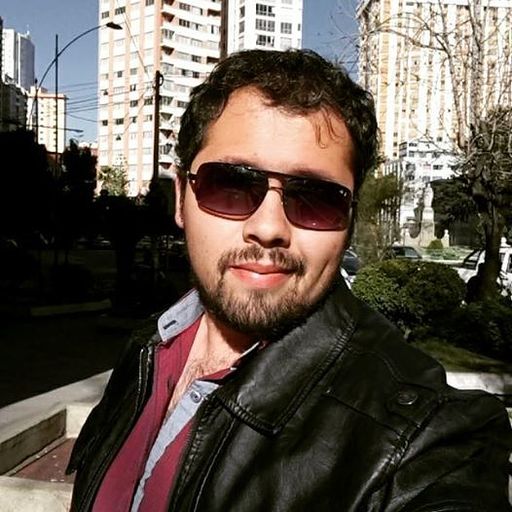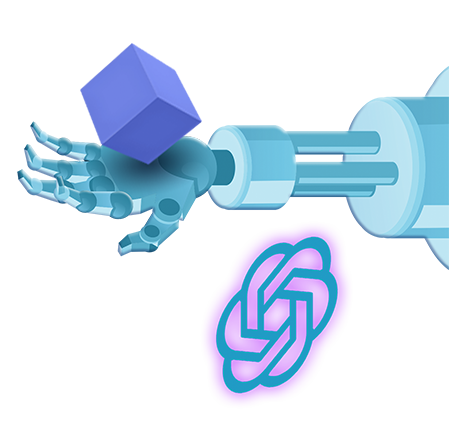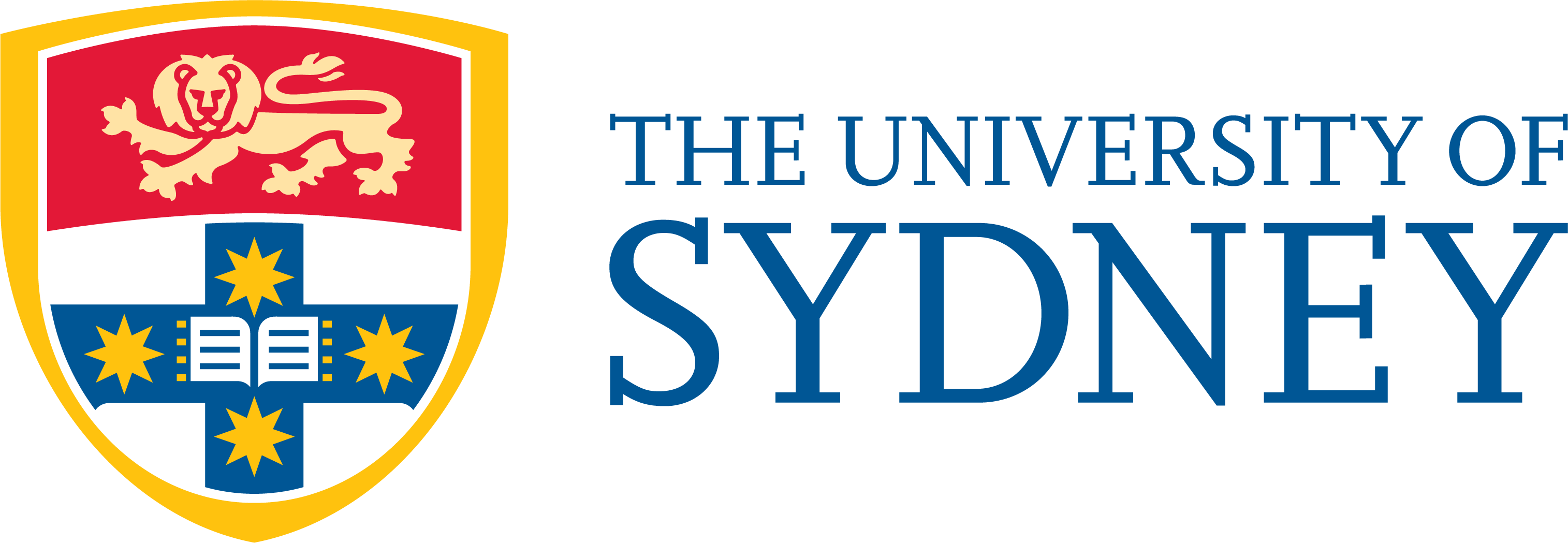Advanced Course
OpenCV Basics for Robotics Python
Learn and apply the library most used in computational vision in robotic projects with ROS

ROS Noetic
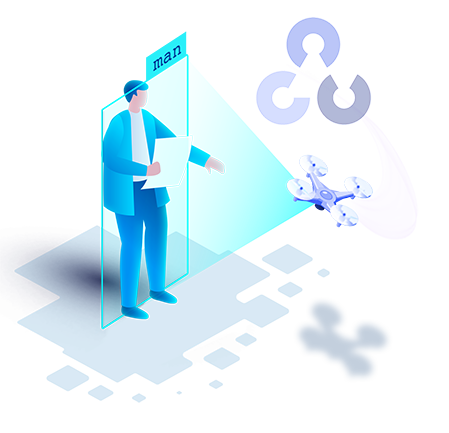
Course Overview
Description
The OpenCV Basics For Robotics course will help you to reconcile, understand, and better apply the synergy between OpenCV and ROS. You will learn from basic concepts to widely used tools in computational vision applied in robotic projects.
Learning Objectives
- Know the basics of computational vision with OpenCV
- Understand how OpenCV integrates with ROS
- Understand the scope of OpenCV in ROS in both virtual and real environments
- Learn how to apply vision algorithms in specific robotic applications
Simulation robots used in this course
Hector Quadrotor Drone; ROSbot.
Level
Advanced
Duration
18h 45m
Prerequisites
Basic ROS, Basic Python, Some basic math knowledge (like arrays, etc).
What projects will you be doing?
OpenCV with a Hector Quadrotor
Detecting and Tracking People and Faces
Detecting Objects with a Drone
Start using ArTags
Wanted! Be the sheriff of the town
What you will learn
Course Syllabus
Unit 1: Introduction to the Course
- Introduction
- Working Example: Let’s detect people with the ROSBot
- What will you learn in this course?
- Robots Used
- Requirements
25 mins.
Unit 2: Computer Vision Basics
- Color
- cv_bridge, the connection between opencv and ROS
- Loading and writing an image
- Space colors
- Edge Detection
- Morphological Transformations
1 hr. 15 mins.
Unit 3: People-related OpenCV functions
- Face Detection and Tracking with Haar Cascades
- People Detection and Tracking with HOG
4 hrs.
Unit 4: Feature Matching
- Features from the Accelerated Segment Test (FAST)
- Binary Robust Independent Elementary Features (BRIEF)
- Oriented FAST and Rotated BRIEF (ORB).
4 hrs.
Unit 5: ARTags (Augmented Reality)
- ArUco Library
- ArUco Dictionary
- Artags detection
- Extract the center of the artag
- Order the centers correctly
- Area substraction
- Painting in Area
4 hrs.
Unit 6: Challenge! Course Project
There is a dangerous person in this city, and many possible suspects are close to your robot! You must detect all the people and highlight the dangerous one.
5 hrs.
Christian Alberto Chavez Vasquez
Teacher
Master Degree in Robotics, Automation and Home Automation and currently studying another Master’s Degree in Smart Cities and Smart Grids. He has worked on ROS projects with navigation, exploration, industrial robotics, and artificial vision.
Ready to get started?
Start learning ROS & Robotics online quickly and easily
What’s next
People interested in this course also viewed
Top universities choose The Construct for Campus to teach ROS & Robotics.
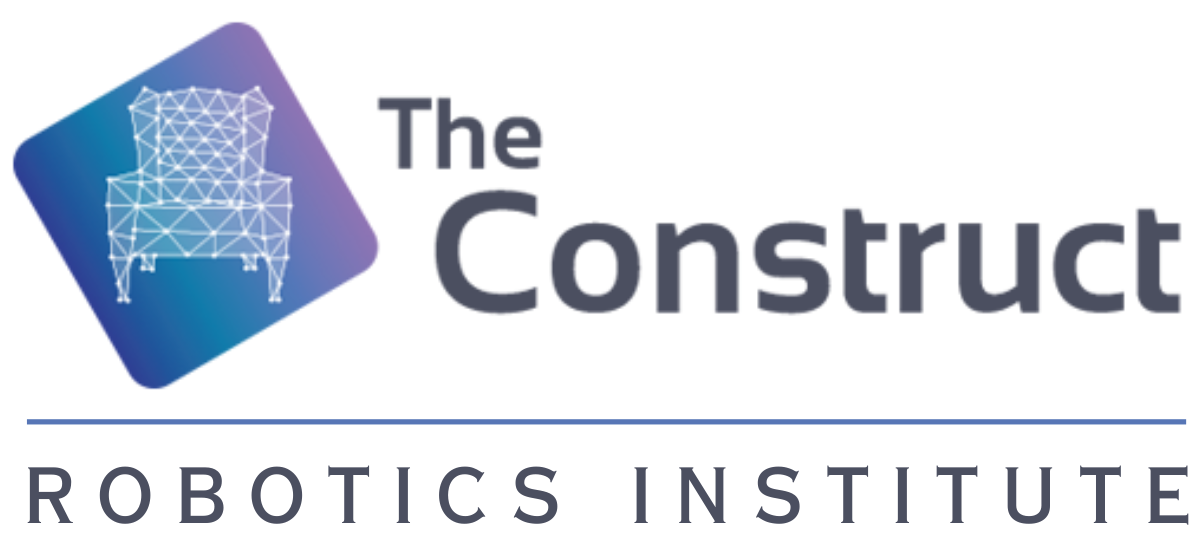
![opencv face dectection hector drone [ROS Q&A] 168 - What are the differences between global and local costmap](https://www.theconstruct.ai/wp-content/uploads/2020/07/opencv-face-dectection-hector-drone.jpg)
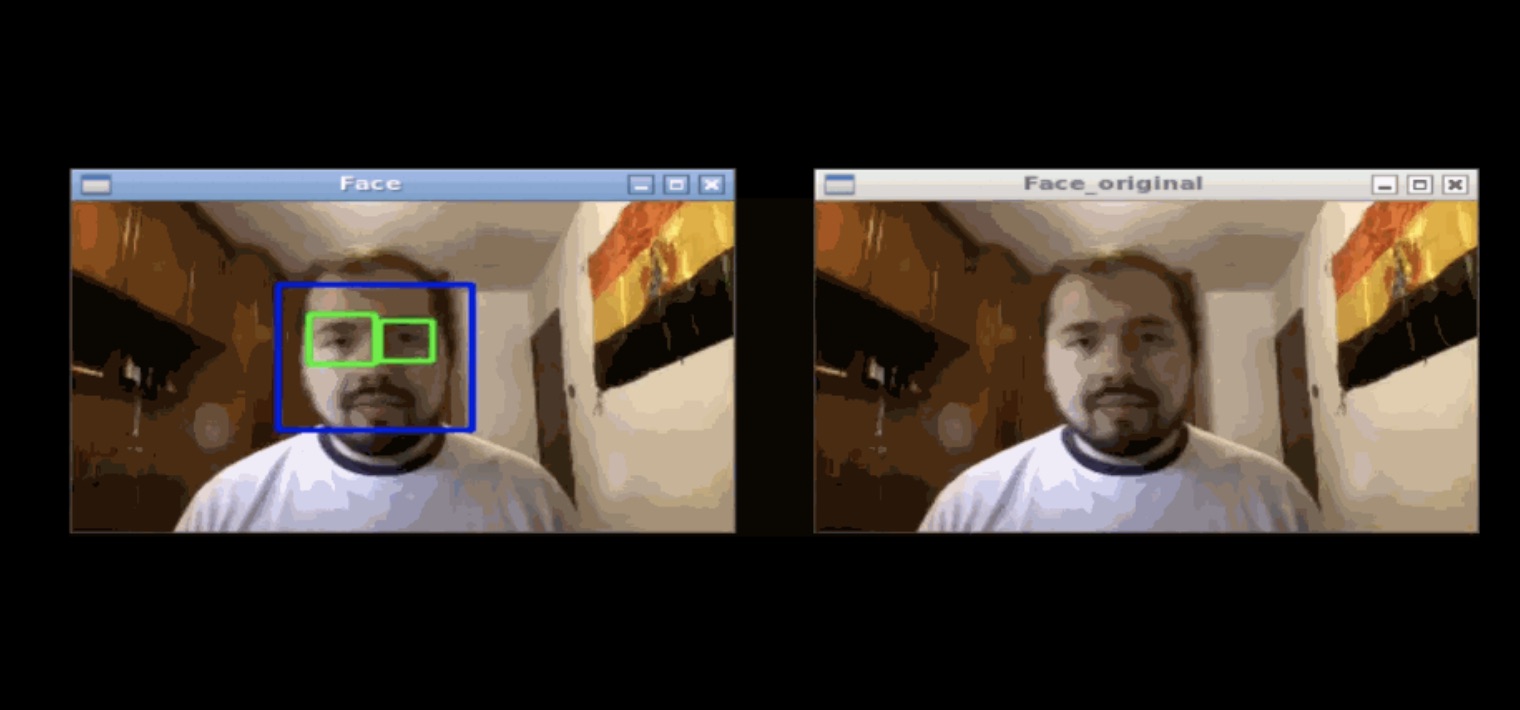
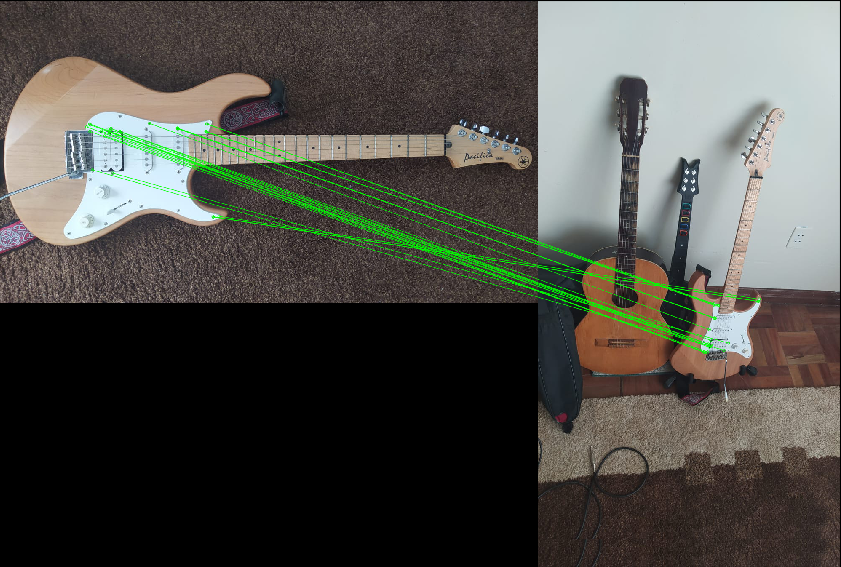
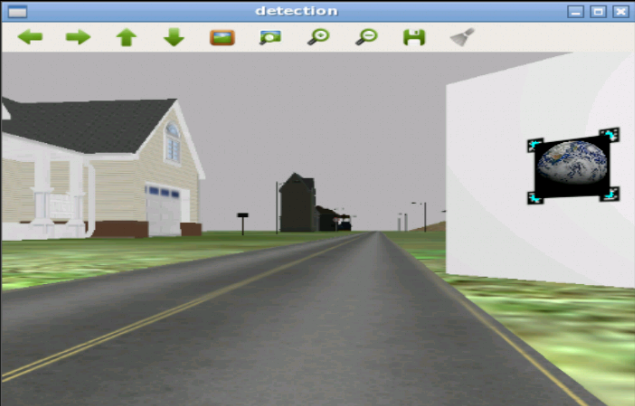
![Wanted! Be the sheriff of the town challenge of the opencv basics course [ROS Q&A] 168 - What are the differences between global and local costmap](https://www.theconstruct.ai/wp-content/uploads/2020/07/Wanted-Be-the-sheriff-of-the-town-challenge-of-the-opencv-basics-course.jpg)
